#Adam hochschild
Explore tagged Tumblr posts
Text
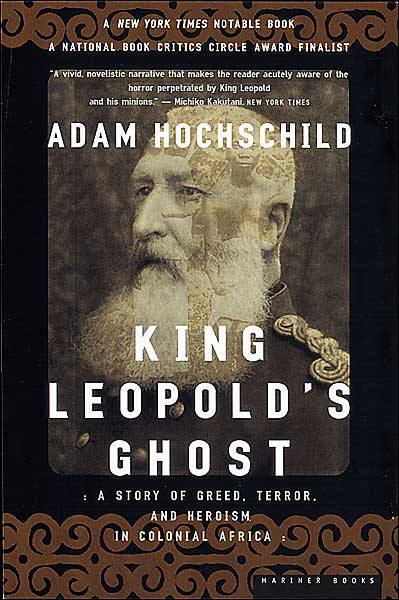
31 notes
·
View notes
Text

I have 30 feet of just travel literature at home.
Drawn in Adobe Fresco on iPad from an iPhone photo. The only book I regret buying is Aku-Aku by Thor Heyerdahl because he was such an asshole. He wanted artefacts from Easter Island indigenous peoples who were reluctant to give them to him, so he lied and cheated and fooled them into doing so. Those artefacts are in Oslo now instead of still on the Island. SUCH a complete asshole.
#adobefresco#ipad#handrawn#Peter Hopkirk#Tony Horwitz#Eva Hoffman#Jack Hitt#Heinrich Harrer#Eric Hansen#Adam Hochschild#Thor Heyerdahl
1 note
·
View note
Text

“American Midnight” Adam Hochschild Interesting but very uncomfortable read. Plenty of interesting events and characters and I would watch a series set in this time and place. (I also want a liberty sandwich and some freedom fries please)
0 notes
Text
“That visit was in 1962. In a Leopoldville apartment, I heard a CIA man, who had too much to drink, describe with satisfaction exactly how and where the newly independent country’s first prime minister, Patrice Lumumba, had been killed a few months earlier.” (king Leopold’s ghost, introduction p3, Adam Hochschild )
37 notes
·
View notes
Text
"An ancient English law made it a crime to witness a murder or discover a corpse and not raise a 'hue and cry.' But we live in a world of corpses, and only about some of them is there a hue and cry."
--Adam Hochschild, King Leopold's Ghost
#reading tag#history#imperialism#cultures of dissociation#my posts#it is v hard to isolate quotes from this book because like all good writing the whole is greater than the sum of its parts#(also bc much of it is quite grim)#but ultimately my casementblogging is just an elaborate book rec#for a book which is only tangentially about him anyway. correctly so because the story is much bigger than that.
59 notes
·
View notes
Note
hey yeri!! i hope you're having a good week!! is there anything have you've read or watched recently??
hey again anon 💕 i missed you in april! how was your month? i (finally) finished late victorian holocausts by mike davis and started king leopold's ghost by adam hochschild, as long as the lemon trees grow by zoulfa katouh, 위기의 역사 (which i think is translated into history of crisis?) by oh geunyoung, a ton of manga (including a reread of dunmeshi hehe), some webtoons, and the collected poetry of jeong jiyoung! and then of course research papers and historical documents but i don't really count those HAHAHA
for what i've been watching... adjdfj i caught some episodes of fallout, been keeping up with dunmeshi, and if we're going to count "everything" i watched recently i saw ocean's eight split up into parts on tiktok (´• ω •`)
#anon#i'm currently writing a reference for goguryeo history#but so many is behind paywalls TAT#my friend joked i should put a “references used” pg at the end of tshb#and then i responded we're already 50+ sources deep KSDFJSDFJSD
13 notes
·
View notes
Text
Housekeeping 2023-24!

Name: Dan/Danny (Jugbe only if you're also West African)
Age (Zodiac): 18 (Scorpio)
Prounouns: He/Him and They/Them (She under duress and in public)
Sexuality: Lesbian
Gender: Transmasc Butch/Stud
DNI:
Under 16 Queerphobic, Xenophobic, Islamophobic, Antisemitic Misogyn(oir)istic, Whorephobic, Racist, Ableist, Fatphobic, Zionist Lolisho/Pedo/Incest enjoyers Supports, participates, tolerates, or justifies any of the above.
Blogs:
Art Blog: @dgtor-official Writing Blog: @dyke-a-saur-writes Culture/Language Blog: @between-the-kola-and-the-sea NSFW Blog: @dannyafterdark
Links and Resources To Support Palestine, Congo, Sudan, and West Papua:
Free Palestine Donate to Gaza Appeal Books By Palestinian Authors or About Palestine Doctors Without Borders MAUSA Palestine Emergency Boycott, Divestments, and Sanctions List DRC is Bleeding (And The West Is Twisting The Knife) HEAL Africa King Leopold's Ghost, A Story of Greed, Terror, and Heroism in Colonial Africa by Adam Hochschild PANZI Foundation Keep Eyes on Sudan Medicines sans Frontiers Refugees need water Darfur Women Action Group Thread by Sudanese Author Yasmin Abdel-Magied on Sudan Sudan Next Gen Free West Papua Free West Papua 101 Further References and Resources Voice of Papua Tapol (Bahasa Indonesia)
#og post#housekeeping#imma start doing these#it would be funny to see what changes and what stays the same#also I mean everything I say on this blog#if you see sumn here you can ask me about it but i'm standin' on business fr#blog intro#also connecting my other blogs cause i do some cool fun things on those and i think ya'll would like it#free palestine#keep eyes on sudan#free west papua#congo is bleeding (and the west is twisting the knife)
14 notes
·
View notes
Text

@burins I read Adam Hochschild's American Midnight in 2023 and really appreciated it. As a follow-up this year I read his book Spain in Our Hearts, about the Spanish civil war. It's super well written, super compelling, and feels like pulling teeth to read because you know how everything ends. It's agonizing. I found it very worthwhile for historical grounding, though. "Oof ouch my bones. thank you Adam for clarifying things about the rise of fascism" --me to the author.

@sophia-sol oooh, GOOD prompt.
Kingdoms of Elfin by Sylvia Townsend Warner is a collection of short stories, about fairies who feel like clear precursors to the ones in Jonathan Strange. The stories are told in a very detached style--they'll show you something fucked up and go "huh, would you look at that" instead of "damn that sucked everyone must feel so bad right now." And that gap makes you think about the emotional experience not being conveyed. I loved these.
Also: Made Things by Adrian Tchaikovsky is a novella about puppets animated by magic in a fantasy setting. It thinks a lot about the personhood of those puppets and how they make living work for them! Interestingly to me, there's no optimistic "maybe we can change the system!" vibe to this, just a purely functional "let's use the system to our advantage for once." It's fun. Sometimes you can't overthrow a system as a band of plucky orphans and puppets. Even in a fantasy novella.
6 notes
·
View notes
Text
King Leopold's Ghost: A Story of Greed, Terror, and Heroism in Colonial Africa
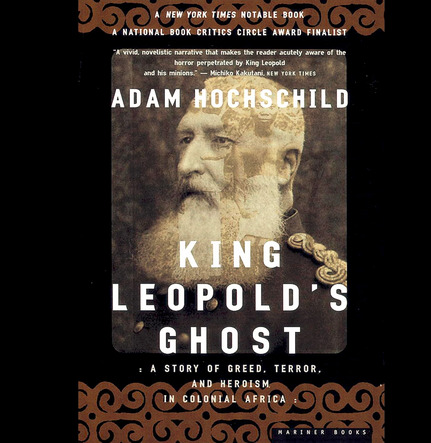
King Leopold's Ghost: A Story of Greed, Terror, and Heroism in Colonial Africa
In the late 1890s, Edmund Dene Morel, a young British shipping company agent, noticed something strange about the cargoes of his company's ships as they arrived from and departed for the Congo, Leopold II's vast new African colony. Incoming ships were crammed with valuable ivory and rubber. Outbound ships carried little more than soldiers and firearms.
Correctly concluding that only slave labor on a vast scale could account for these cargoes, Morel resigned from his company and almost singlehandedly made Leopold's slave-labor regime the premier human rights story in the world. Thousands of people packed hundreds of meetings throughout the United States and Europe to learn about Congo atrocities. Two courageous black Americans - George Washington Williams and William Sheppard - risked much to bring evidence to the outside world. Roger Casement, later hanged by Britain as a traitor, conducted an eye-opening investigation of the Congo River stations.
Sailing into the middle of the story was a young steamboat officer named Joseph Conrad. And looming over all was Leopold II, King of the Belgians, sole owner of the only private colony in the world.
Reviewer Comment:
This is a tragic history of the Belgian Congo at the turn of the 19th century as the Scramble for Africa began. Adam Hochschild is an American writer and journalist for the New Yorker, NY Times, NY Review of Books and Times Literary Supplement. His work has combined history with human rights advocacy. The events in this book are a shameful chapter in the era of colonialism, of which there were many. It is portrait of Leopold likely to inspire loathing in any who reads it. Beside an account of a colony, it archives the lives of activists who fought to free it. In 1482 Portuguese sailors braved the ocean beyond the Canary Islands and discovered a fresh water flow off the coast of Central Africa. Following a silt trail, fighting a fast current, they found the mouth of a vast river. Nine years later priests and emissaries arrived and began the first European settlement in a black African kingdom. Small scale slavery existed but a booming slave trade developed with the Americas to grow cotton and cane. During the 19th century slavery was abolished in Britain and America yet continued in Afro-Arab commerce. Leopold II (1835-1909) was the King of the Belgians and obsessed with obtaining colonies. He studied records of conquistadores in Seville, sailed to India, Ceylon, Burma and Java noting lucrative concerns. Plantations depended on forced labor to lift profits and civilize the lazy natives. He looked at land in Brazil, Argentina, Phillipines and Taiwan. Frustrated in these attempts he focused his sights on Africa. Humanitarian pretenses of freeing Africa from slavery and bringing enlightenment to the Dark Continent disguised his dreams of ivory and rubber.
Henry Morton Stanley led a Dickensonian life. Abandoned to a poorhouse as a child he sailed to America and became a soldier in the Civil War, first for the Confederacy and then for the Union. He became a newspaper correspondent and tracked down explorer David Livingstone during his search for the source of the Nile. Returning to Africa in 1874 to map the waterways of the interior he discovered the source of the Congo River. Upon reaching the Atlantic he was hired by Leopold to establish trading posts and railroads and force tribal leaders to cede land. King Leopold and an American ambassador formed fake philanthropic associations for evangelism and scientific study of the region. In 1884 he lobbied the US to recognize the Congo Free State, in reality a colony owned by himself. Post-Civil War politicians were interested in sending freed slaves back to Africa. The area annexed was as large as the land east of the Mississippi while Belgium was half the size of West Virginia. In diplomatic deals France and Germany fell into line and Britain became invested. The challenge was to carry steamboats over the falls. By 1890 trading stations had been secured. Elephants were hunted by conscripted natives or their ivory simply seized. Vacant land was leased to private companies with shares of the profit retained. Legions of Africans were used as porters through jungles chained by the neck. So many were needed agents began to purchase them from the slave traders they purported to abolish. Security officers of the Free State were Europeans, half from Belgium, with soldiers drawn from the Congo. They chose to join the conquerors, their spears and muskets no match for machine guns. Leopold's agents set up orphanages run by Catholic missions to train future troops. Captured women were kept in harems by agents or held hostage to coerce their men to harvest rubber. Discipline was enforced with the whip and counted in severed hands of dead rebels. To exact penalties entire villages were often burned down. The human toll over a quarter century is not known for certain but is estimated at 10 million, or half of the population. The causes included murder, starvation and disease (due to inhuman working conditions) and lowered birth rates. Joseph Conrad was briefly a steamboat pilot on the Congo, his novel 'Heart of Darkness' a depiction of what he saw. Displays of decapitated heads were not only a metaphorical critique of colonialism. Black Americans G.W. Williams, a polymath, and W.H. Sheppard, a missionary, exposed the conditions in 1890. Few voices of natives were recorded but are included where possible. In 1898 British shipping clerk E. D. Morel and Irish diplomat R. Casement suspected forced labor and began campaigns. Mark Twain and Sir Arthur Conan Doyle wrote exposés on Leopold. As opinion turned Leopold waged propaganda wars. Self-appointed commission reports criticized his regime. The only option was to sell Congo to Belgium; self rule was unthinkable. In 1908 Leopold was given a billion dollar bonus and billions remained in his name. Wild rubber was replaced with farms. Atrocities declined but forced labor persisted. Head taxes kept people in plantations and mines before independence in 1960. PM Lumumba, seen as hostile to business, was shot with Belgian and US assistance and replaced by kleptocrat Mobuto until 1997.
CLICK HERE TO DOWNLOAD THIS BOOK FROM THE BLACK TRUEBRARY
4 notes
·
View notes
Note
You have great taste, can you recommend some books?
Hi anon i have no clue what genres you're into so i'm gonna just start listing off random titles.
the post office girl (stefen zweig), transit (anna seghers), the dry heart (natalia ginzburg), passing (nella larsen), heaven (mieko kawakami), lady macbeth of mtsensk (nikolai leskov), the mermaid of black conch (monique roffey), the golden notebook and the fifth child (doris lessing), the passion (jeanette winterson), on beauty (zadie smith), hons and rebels (jessica mitford), reform or revolution (rosa luxemburg), cassandra a novel and four essays (christa wolf), the fall of language in the age of english (minae mizumura), caste (isabel wilkerson), spain in our hearts (adam hochschild), from reverance to rape (molly haskill), trick mirror (jia tolentino)
13 notes
·
View notes
Text
Negative Habits to Avoid for UPSC Preparation
Imagine preparing for the UPSC exam is like setting off on a thrilling adventure. But just like any adventure, there are challenges to overcome. It takes a lot of hard work, sticking to your goals, and having a good plan. But, sometimes, even if you're really trying your best, you might find yourself doing things that could make it harder for you to succeed. In this guide, we'll explore common negative habits faced by UPSC aspirants and provide straightforward solutions to overcome them. By implementing these simple strategies, aspirants can navigate through challenges effectively and achieve success in their UPSC journey.
Procrastination - Putting Off Tasks

Procrastination is when we delay tasks or waste time on unimportant things. Many UPSC aspirants struggle with procrastination, which can lead to missed study sessions and last-minute pressure.
To overcome procrastination, break your study tasks into smaller, manageable parts. To create a sense of urgency, establish particular deadlines for every task. By taking small steps consistently, you can avoid procrastination and stay on track with your study schedule.
“You may delay, but time will not.”
― Benjamin Franklin
There are always distractions, if you allow them! Successful people remain optimistic and concentrated on their goals regardless of their surroundings. They stay focused. They avoid getting distracted, which is common in today's digital world. Social media, notifications, and other distractions can easily divert our attention away from studying.
To avoid distractions, create a dedicated study space that is free from potential distractions. Turn off notifications on your phone and use productivity tools to block distracting websites. Set specific times for studying and avoid multitasking. By minimizing distractions, you can improve focus and productivity during your study sessions.
Distractions - Losing Focus

“Work is hard. Distractions are plentiful. And time is short.”
― Adam Hochschild
Lack of Consistency

Consistency is really important for doing well in UPSC preparation. It’s key to success. However, many aspirants struggle to maintain a consistent study routine.
To overcome this, establish a daily study schedule and stick to it religiously. Make sure you stick to your study schedule and give it more importance than other things. Set realistic goals for each study session and keep checking how well you're doing. By making studying a habit and sticking to a consistent routine, you can maximize your productivity and progress in your UPSC preparation.
“Success isn't always about greatness. It's about consistency.
Consistent hard work leads to success. Greatness will come.”
― Dwayne Johnson
Neglecting Health and Adequate Sleep

UPSC preparation can be mentally and physically demanding, and many aspirants neglect their health in pursuit of their goals. However, neglecting your health can have negative consequences on your ability to study effectively. Sleep is essential for cognitive function, memory retention, and overall well-being. However, many aspirants neglect their sleep in favor of studying late into the night. This can lead to sleep deprivation, which can impair your ability to focus, concentrate, and retain information.
To prioritize your health, make sure to get an adequate amount of sleep each night. Aim for at least 7-8 hours of sleep to ensure that your mind and body are well-rested. In addition, make time for regular exercise and physical activity to reduce stress and improve overall well-being. Finally, don't forget to eat a balanced diet and stay hydrated to fuel your body and brain for studying.
Relying on One Study Method

Every aspirant has their own preferred study method, whether it's reading, taking notes, or practicing past papers. However, relying solely on one study method can limit your learning and comprehension.
To overcome this, try diversifying your study methods to engage different parts of your brain. For example, if you're used to reading, try incorporating more visual aids or discussing concepts with peers. Try out various methods of studying until you discover which one suits you the most. By diversifying your study methods, you can improve your understanding and retention of the material.
Negative self-talk can be dangerous to your confidence and motivation. Many aspirants struggle with self-doubt and fear of failure, which can hold them back from reaching their full potential.
To overcome negative self-talk, practice self-compassion and positive affirmations. Instead of focusing on your shortcomings, celebrate your achievements and strengths. Be around friends and family who support you and have faith in your skills. By cultivating a positive mindset and practicing self-love, you can overcome self-doubt and achieve success in your UPSC journey.
Negative Self-Talk - Self-Doubt

"One important key to success is self-confidence.
An important key to self-confidence is preparation."
― Arthur Ashe
Trying to Read Everything

UPSC aspirants are often overwhelmed by the sheer volume of reading material available. Many aspirants feel pressured to read every book and resource on a given topic, leading to stress and burnout.
To overcome this, focus on quality over quantity when it comes to reading. Prioritize essential books and resources that cover the core concepts and topics of the UPSC syllabus. Take notes as you read to help reinforce your understanding and retention of the material. Remember, it's better to thoroughly understand a few key concepts than to skim/go through numerous resources without grasping the core concepts.
Disorganization can hinder your ability to study effectively and efficiently. Many aspirants struggle to keep track of study materials, deadlines, and important dates.
To overcome this, create a study schedule and organize your study materials in a systematic manner. Use folders, binders, or digital tools to keep your study materials organized and easily accessible. Break down your study schedule into smaller, manageable tasks and set deadlines for each task. By staying organized, you can reduce stress and improve productivity in your UPSC preparation.
Lack of Organization

“For every minute spent organizing, an hour is earned.”
― Benjamin Franklin
Misplaced Study Groups

Study groups can be a valuable resource for UPSC aspirants, providing support, motivation, and shared knowledge. However, not all study groups are created equal, and some aspirants may find themselves in study groups that are not conducive to effective studying.
To overcome this, choose study partners wisely and find individuals who are serious and committed to their UPSC goals. Look for study groups or forums where you can engage with like-minded aspirants who share your dedication and enthusiasm for UPSC preparation. By surrounding yourself with supportive and motivated study partners, you can enhance your learning and stay on track with your UPSC goals.
Overcoming negative habits is essential for UPSC aspirants to succeed in their journey. By implementing simple strategies such as breaking tasks into smaller parts, minimizing distractions, maintaining consistency, prioritizing health, diversifying learning methods, fostering a positive mindset, finding a balance between work and study, focusing on quality reading, staying organized, choosing study partners wisely, using the internet judiciously, and prioritizing sleep, aspirants can navigate through challenges effectively and achieve success in their UPSC preparation. Remember, success in the UPSC examination requires dedication, perseverance, and a willingness to overcome obstacles. Keep pushing forward, stay focused on your goals, and believe in yourself—victory is within reach!
#upsc#education#upsc2024#upscpreparation#upscstudymaterial#quotes for upsc aspirants#quotes for students motivation#Misplaced Study Groups in UPSC Preparation#Lack of Organization in UPSC Preparation#Trying to Read Everything in UPSC Preparation#Negative Self-Talk - Self-Doubt#Relying on One Study Method#Neglecting Health and Adequate Sleep in upsc preparation#Lack of Consistency in upsc preparation#Distractions in upsc preparation#procrastination in upsc preparation#Procrastination#upsc syllabus ignorance#upsc exam strategy mistakes#ENSURE IAS coaching tips#upsc self-study bad habits#upsc time management mistakes#ENSURE IAS academy tips#upsc coaching center habits to avoid#upsc study routine mistakes#UPSC#bad habits for upsc exam#common mistakes in upsc preparation#ENSURE IAS preparation tips#negative habits for upsc aspirants
4 notes
·
View notes
Text
New devotional reading to Ares: ‘To End All Wars’ by Adam Hochschild
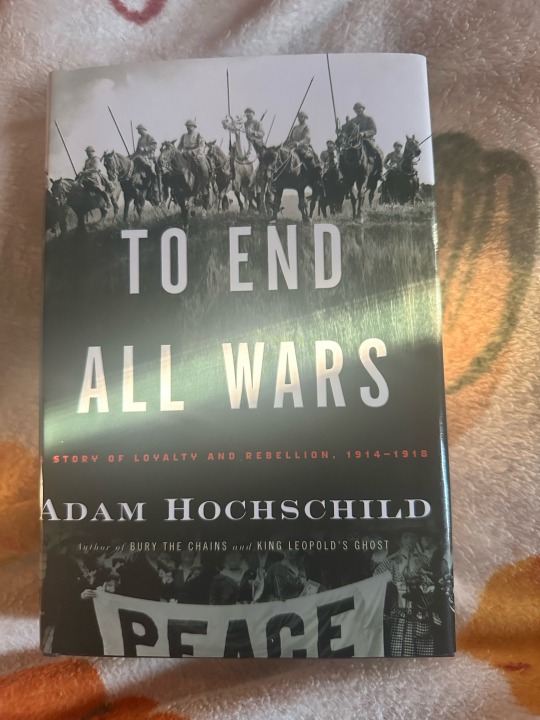
As a bookworm being able to turn reading into a devotional act has been wonderful!
#hellenic polytheism#helpol#hellenic pagan#hellenic pantheon#hellenic paganism#ares deity#hellenic gods#ares worship
12 notes
·
View notes
Text

Spain in Our Hearts: Americans in the Spanish Civil War, 1936–1939, Adam Hochschild
4 notes
·
View notes
Text
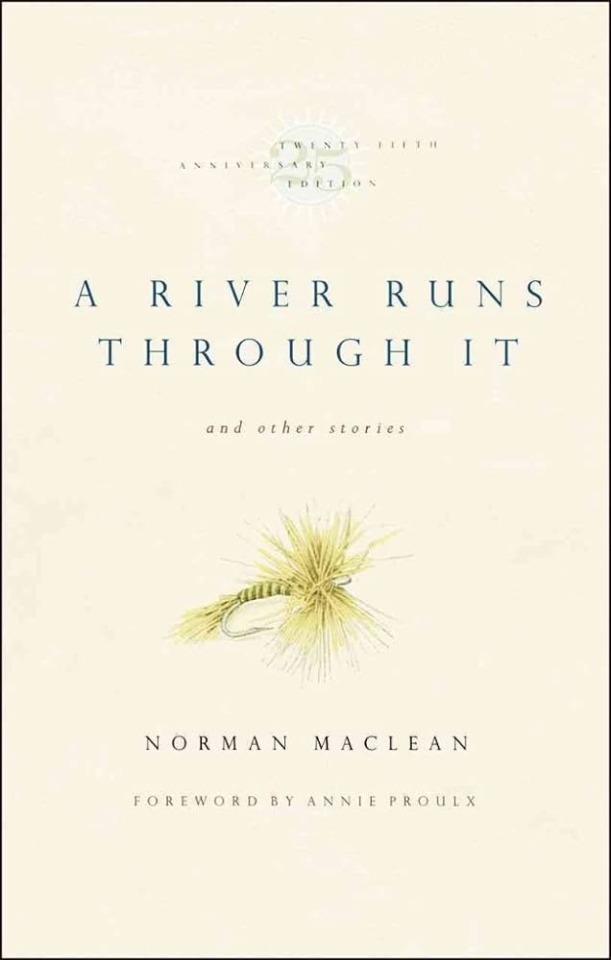


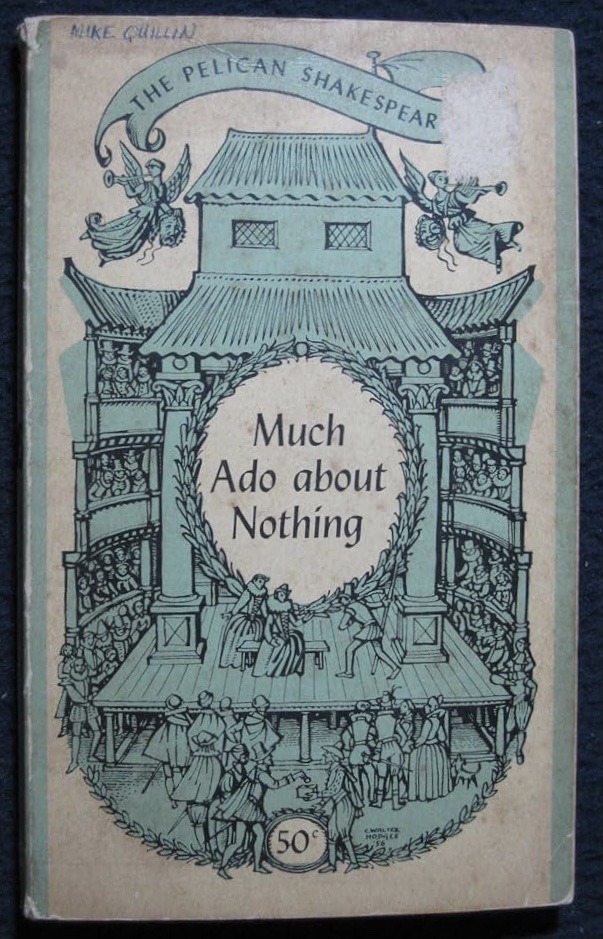
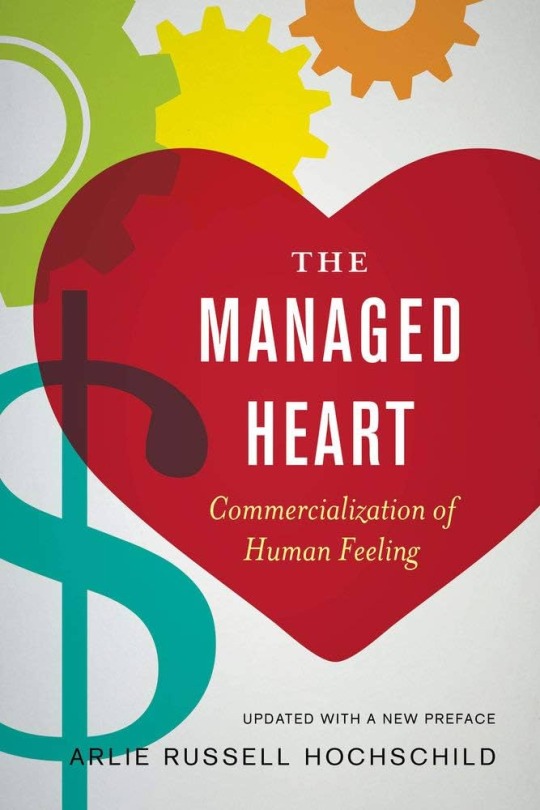




i was tagged by @cauldronoflove to share my top 9 reads of 2023 or top 9 books on your 2024 tbr, so in no particular order, here are my favorite reads of last year!
a river runs through it and other stories by norman maclean
odetta: a life in music and protest by ian zack
how the word is passed by clint smith
much ado about nothing by william shakespeare
the managed heart: the commercialization of human feeling by arlie russell hochschild
toxic inequality by thomas m. shapiro
new queer cinema: the director’s cut by b. ruby rich
race for profit by keeanga-yamahtta taylor
i put a spell on you by nina simone and stephen cleary
thank you for the tag jj, this was fun!! i tag @liquidsleep @quiet-fawn-of-the-galaxy @adam-saw and anyone else who’d like to join!!
6 notes
·
View notes
Text
"European and American readers, not comfortable acknowledging the genocidal scale of the killing in Africa at the turn of the century, have cast Heart of Darkness loose from its historical moorings. We read it as a parable for all times and places, not as a book about one time and place. Two of the three times the story was filmed, most notably in Francis Ford Coppola's Apocalypse Now, it was not even set in Africa. But Conrad himself wrote, 'Heart of Darkness is experience…pushed a little (and only very little) beyond the actual facts of the case.' Whatever the rich levels of meaning the book has as literature, for our purposes what is notable is how precise and detailed a description it is of 'the actual facts of the case': King Leopold's Congo in 1890, just as the exploitation of the territory was getting under way in earnest."
--Adam Hochschild, King Leopold's Ghost
43 notes
·
View notes
Note
Checked my shelf for more nonfiction:
Seabiscuit: An American Legend by Laura Hillenbrand. (About the titular racehorse but also a lot of good stuff on the racing culture of the era)
Manhunt: The 12 Day Chase for Lincoln’s Killer by James Swanson
The Road to Jonestown: Jim Jones and Peoples Temple by Jeff Guin
King Leopold’s Ghost by Adam Hochschild (The Belgian colony in the Congo)
The Great Influenza by John Barry (The Spanish Flu)
Say Nothing by Patrick Radden Keefe (The Troubles)
Ekaterinburg: The Last Days of the Romanovs by Helen Rappaport
Disney Wars by James Stewart (Michael Eisners tenure at Disney, a crazy amount of corporate espionage and back room dealing, it’s a trip)
We Wish to Inform You That Tomorrow We Will Be Killed with Our Familes by Philip Gourevitch (Rwandan Genocide)
Thank you for these recs! I was able to find access to most of them and have them in my tbr!! Very promising list! 😁
3 notes
·
View notes